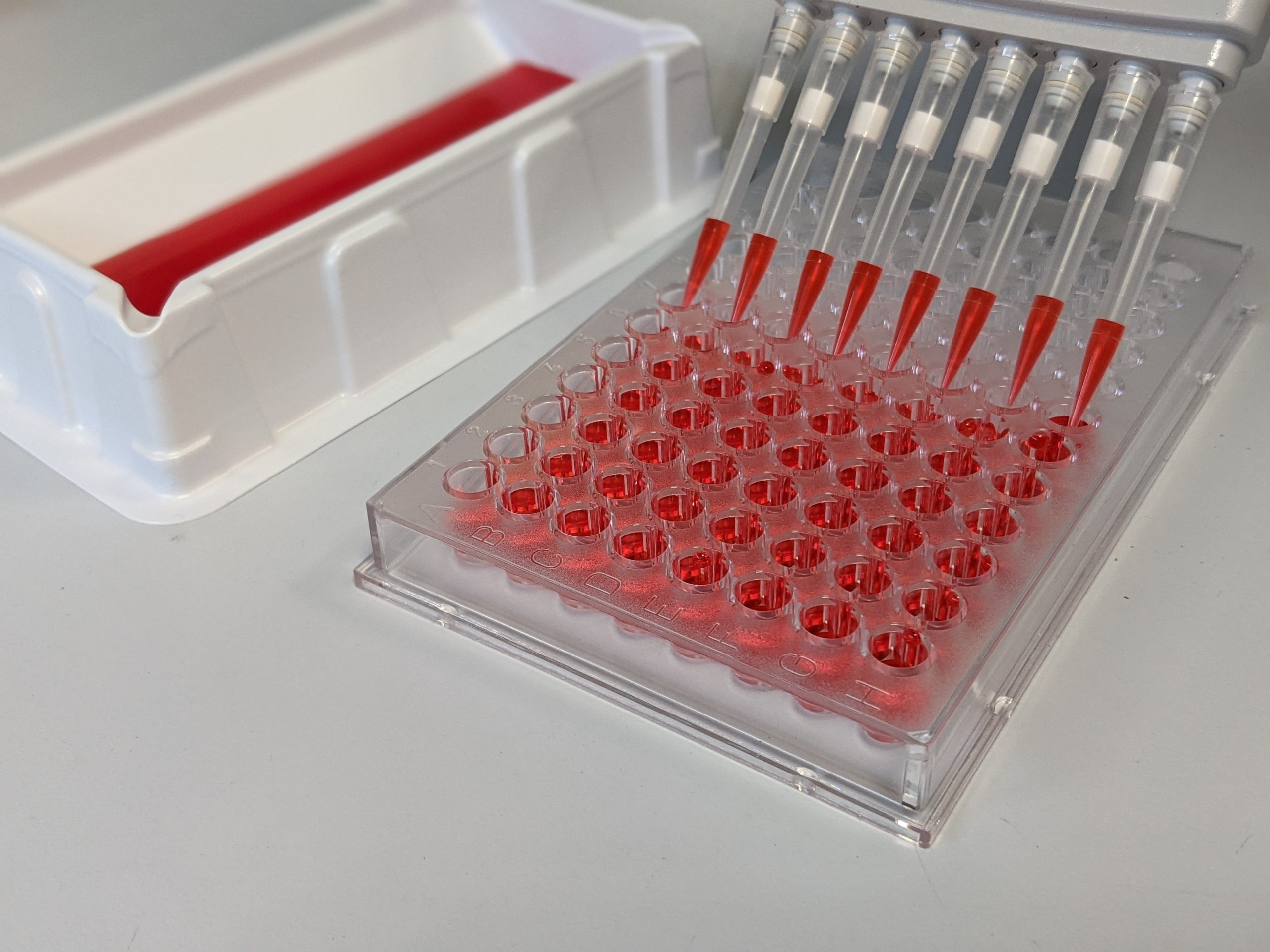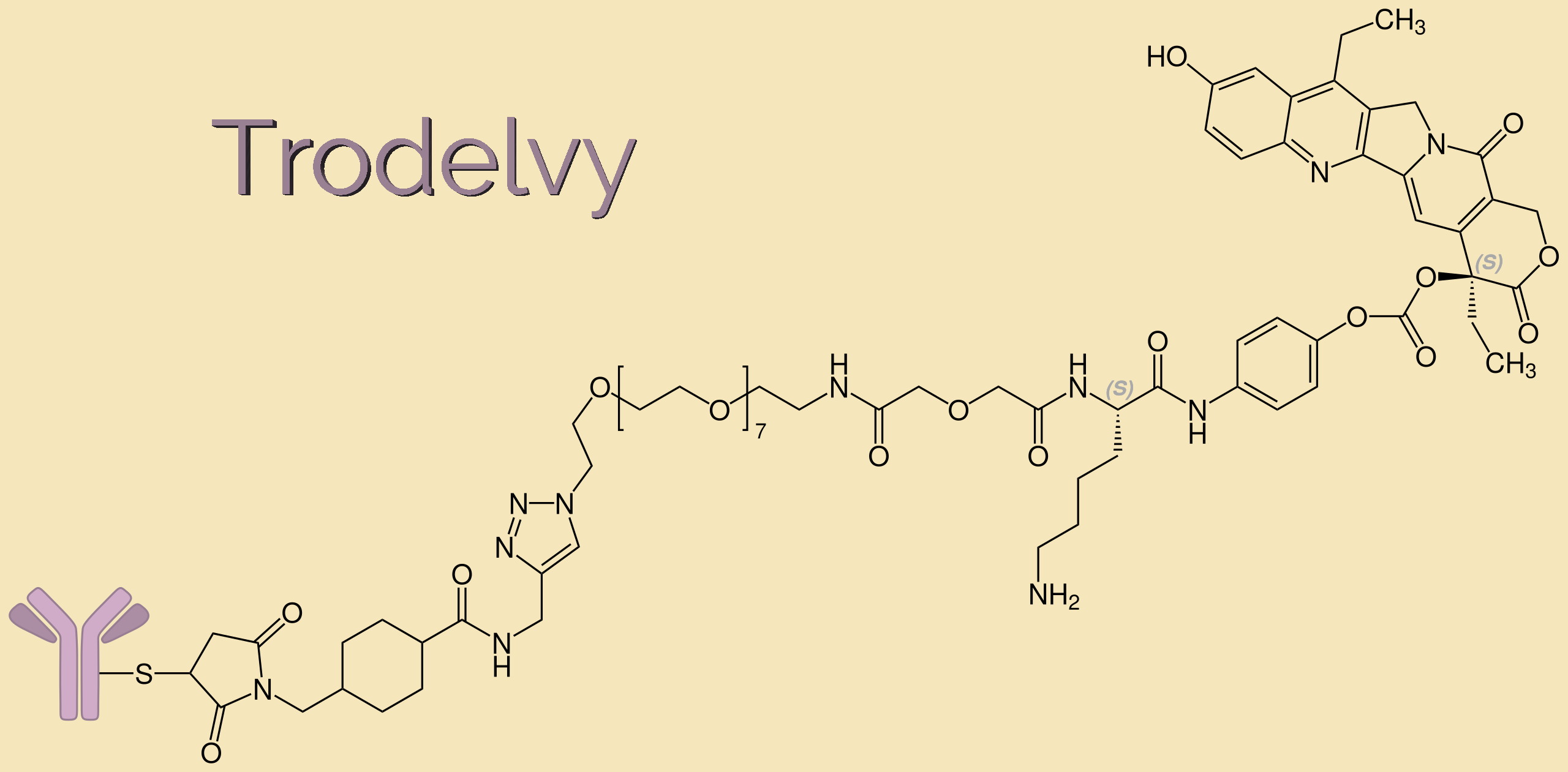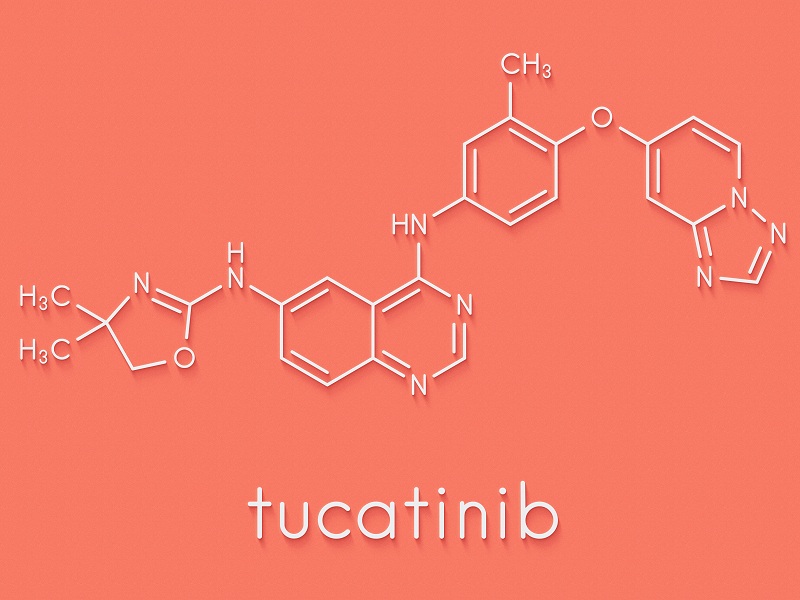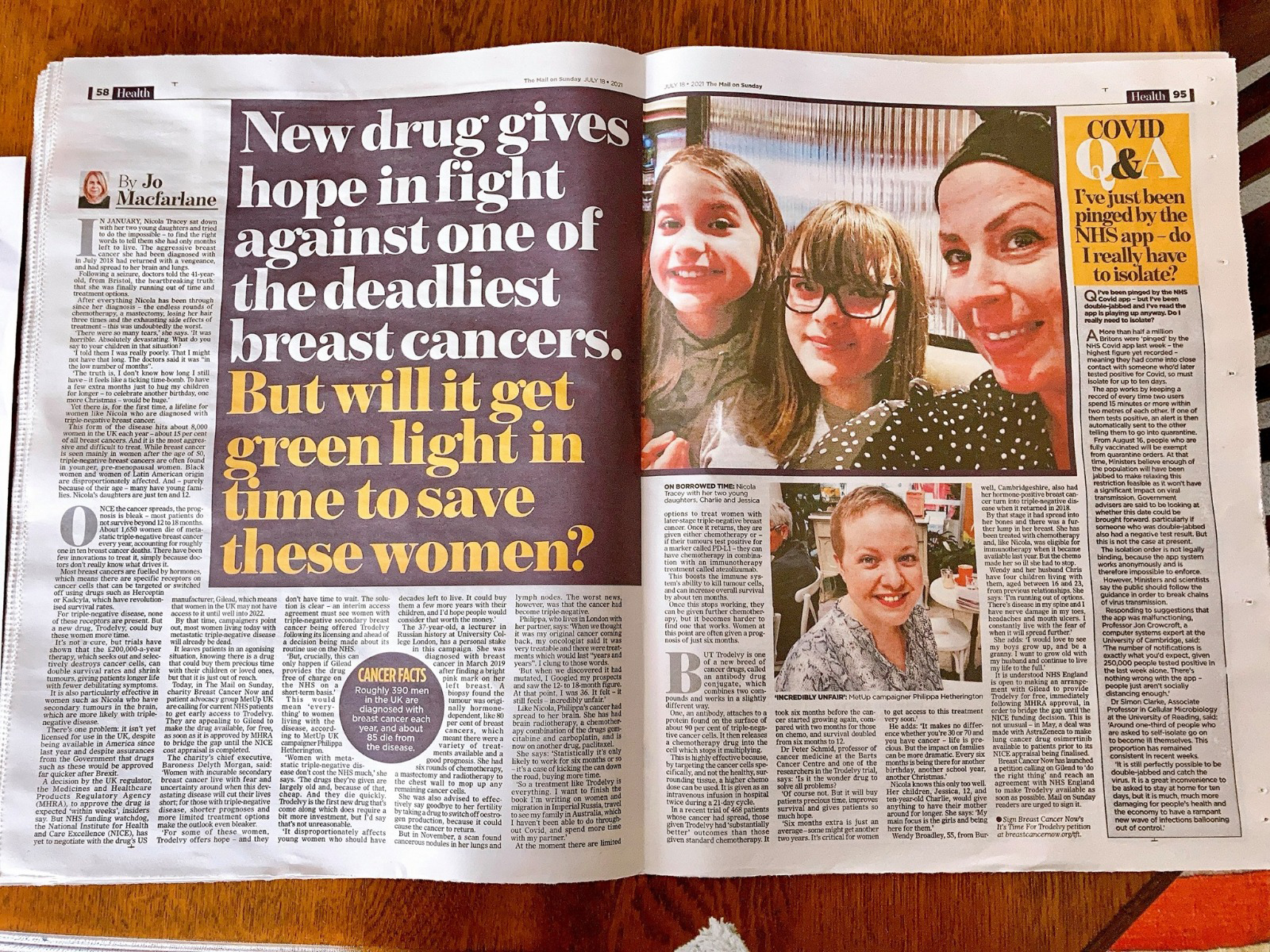When I first started volunteering with METUPUK, I wasn’t really sure what I would do. For a few months, I sat on the sides to get a feel for the organisation. I shared METUPUK links on social media, but I don’t have much of a social media presence, and Instagram is a bit of a mystery to me. I’ve never figured out how to do makeup, plus my hair is a non-event after chemo. I thought I wanted to help with drug access or access to clinical trials, but I was flexible and wanted to see what was needed.
Why we need MBC research more than ever

At METUPUK, we dream of the day when metastatic breast cancer (MBC) is downgraded from an incurable to a chronic illness. The only way this will be possible is through new scientific research. We urgently need more research into this deadly disease.
We need more clinical research into MBC, including clinical trials. These are crucial for determining which are the most effective treatment options and for bringing new drug treatments to patients.
Trodelvy is approved by the Scottish Medicines Consortium (SMC) for Metastatic Triple Negative Breast Cancer for use by NHS Scotland

METUPUK welcomes the Scottish Medicines Consortium (SMC) acceptance of Trodelvy® (sacituzumab govitecan) for use within NHSScotland.
Trodelvy is an innovative drug which has been accepted for the treatment metastatic triple-negative breast cancer (mTNBC) within NHSScotland. Metastatic triple-negative breast cancer is a challenging disease to treat, and an even more devastating disease to live with.
Tucatinib is approved by NICE for HER2+ metastatic breast cancer

METUPUK welcome the National Institute of Clinical Excellence (NICE) decision to accept Tucatinib with trastuzumab and capecitabine for treating HER2-positive unresectable locally advanced or metastatic breast cancer after 2 or more anti-HER2 therapies for routine commissioning use in NHS in England and Wales.
METUPUK are delighted by the Scottish Medicines Consortium (SMC) approval of two new drugs for metastatic breast cancer for use by NHS Scotland
The Scottish Medicines Consortium (SMC) has approved today:
Trastuzumab deruxtecan (Enhertu) for treating HER2-positive unresectable or metastatic breast cancer in adults who have received two or more prior anti-HER2 based therapies for routine use on the NHS in Scotland.
Tucatinib (Tukysa) with trastuzumab and capecitabine for treating HER2-positive unresectable locally advanced or metastatic breast cancer after two or more anti-HER2 therapies for routine use on the NHS in Scotland.
A #TrodelvyNow Update

Following on from our #TrodelvyNow post last month, MetUpUk Member Phillippa has appeared in the Daily Mail, alongside other women for who this drug could mean, literally the difference between life and death.
#TrodelvyNow!

Of all the subtypes of metastatic breast cancer, metastatic Triple Negative Breast Cancer (TNBC) is the hardest to treat with the worst prognosis. While new advances in the treatment of hormone positive MBC and Her2 MBC have helped some patients live for a number of years, average life expectancy for someone with metastatic TNBC is just 12-18 months.
Friends and family friday – Connie and her friends

MetUpUK member Connie sat down, on zoom, with some of her oldest friends to talk to them about their understanding of her life with MBC.
They discuss cancer types, treatment lines, tumor profiling, trials, survival rates, progressions, drug lines, and how all of this makes them feel.
Fighting for Palbociclib

Under NICE rules, I would not be eligible to receive the medication that I am currently taking for my metastatic breast cancer on the NHS. I have been on my current drug regime since 2017, I am feeling really well, my disease is stable, and my scans are clear.
I began taking Palbociclib over 3 years ago, badgering my Oncologist and accessing it through a free trial set up by Pfizer. The trial was designed to sway NICE into approving the drug for NHS use, despite it’s high price.
The Cancer Postcode Lottery

I have been living with secondary breast cancer for 7 years, and am very aware that I’m one of the very lucky ones as the median life expectancy is 2-3 years. The general public perception of breast cancer is that it’s ‘sorted’ – eg if you get it you will be fine. But few people realise that when it metastases (spreads) to the organs as mine has, it cannot be cured. It is the biggest killer of women under 50 with over 11,000 women dying of it every year in the UK.
